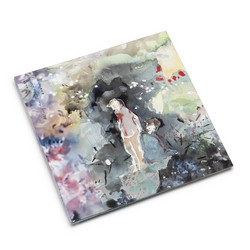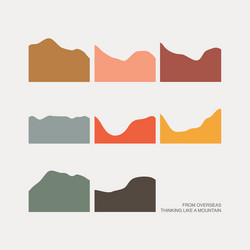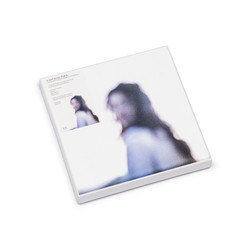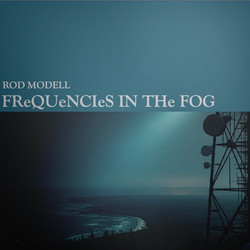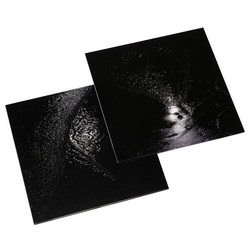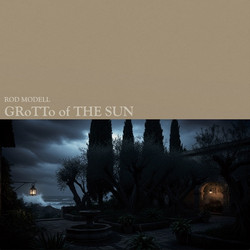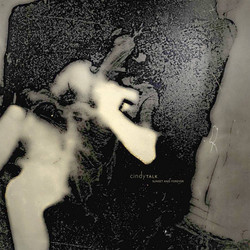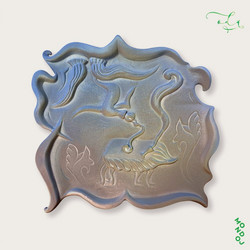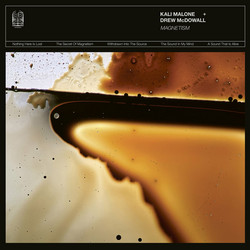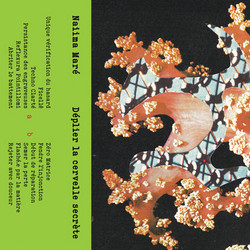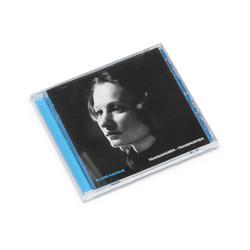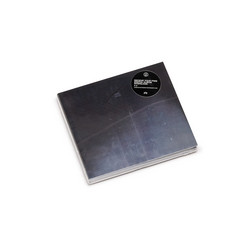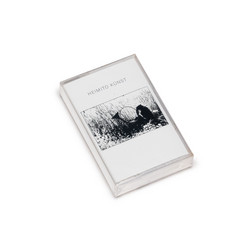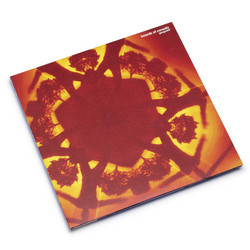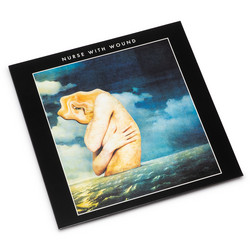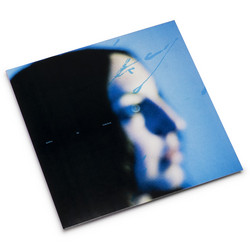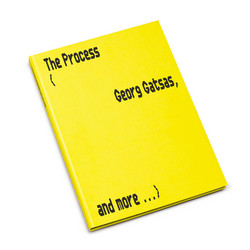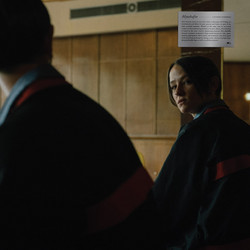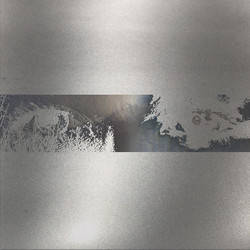Italian guitarist Walter Zanetti presents Cantos Yoruba de Cuba, an extraordinary exploration of sacred Afro-Cuban music translated through the intimacy of classical guitar. Basing his work on compositions by Cuban guitarist-composers José Angel Navarro and Hector Angulo, Zanetti recreates the spiritual essence of Santería batá drum songs in a groundbreaking collection that bridges cultures and musical traditions. Santería, the Afro-Cuban syncretic religion also known as La Regla de Ocha, emerged when Yoruba practitioners brought by force to the West continued to worship their Orisha deities under colonial oppression by codifying them with Catholic saints. The chants that became Santería's prayers were traditionally accompanied by the sacred batá drum, whose heartbeat runs through every invocation and sacred song.
This 15-track album represents light-years label's seventh release and first venture outside electronic music. The recording brings together six original compositions by Navarro, dictated to Zanetti during a month-long journey to Cuba, alongside reinterpretations of Angulo's nine original Cantos Yoruba de Cuba, which give the album its name. The project exemplifies musical syncretism as a form of cultural resistance and creativity. Just as shuffling chains on the feet of enslaved African peoples dancing defiantly in Colombia birthed cumbia's distinctive rhythm, Zanetti's guitar arrangements demonstrate how spiritual and musical traditions adapt and survive through creative transformation.
Zanetti's approach honors the sacred nature of these compositions while making them accessible through the universal language of guitar. His arrangements preserve the ritual significance of the original batá rhythms while revealing new harmonic and melodic possibilities within these ancient songs. The album includes E.R. Pulgar's essay "Guaguancó Sincrético" in the accompanying booklet, providing cultural and historical context for this remarkable musical journey. The recording documents not only musical collaboration but cultural exchange, demonstrating how contemporary musicians can respectfully engage with sacred traditions from other cultures.
